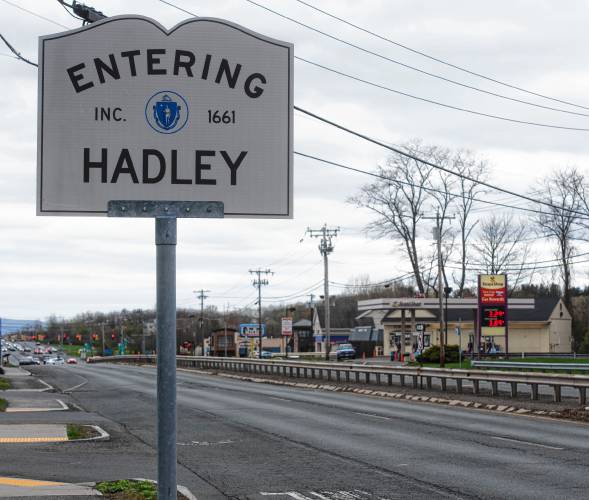
Staff File Photo Web Only
Staff file photo
HADLEY — Internet usage among Hadley residents is being studied by the town’s Digital Equity Steering Committee as the first step in developing a digital equity plan.
The survey will explore where the town falls short with the aim of ensuring that all residents have access to digital devices and the internet, and that they have digital literacy skills.
“Digital equity affects people from all walks of life, regardless of age, race, gender, sexual orientation or even political affiliation,” Hadley Media Director Alexander LaMarche, who also serves as steering committee chair, said in a statement.
Questions that must be answered include whether seniors have the digital skills to access telehealth services and stay safe while staying in touch with family on social media, and whether students and remote workers have the internet access they need to get their jobs done.
Digital equity is defined by the National Digital Inclusion Alliance as “a state in which all individuals and communities have the information technology capabilities they need to fully participate in society, democracy, and the economy.”
“Technology is constantly changing rapidly. You can see that with a lot of the innovation in artificial intelligence,” Lamarche said. “As more and more things come online, we need to help residents stay up to date with the 21st century.”
The survey will look at household internet availability, barriers to internet adoption, concerns about digital skills and online safety, accessibility of online government services, and demographic information to ensure representativeness.
The survey must be completed by early October and is available online at mbicx.qualtrics.com/jfe/form/SV_bxTlMGFVF8KjigC .
Paper copies of the survey are available at Town Hall, the Senior Center and the Hadley Library. They can be returned to the TV-5 mailbox near the collector’s office in Town Hall, scanned and emailed to lamarchea@hadleyma.gov or mailed to Hadley Media, 100 Middle St., Hadley 01035.
Surveys will also be conducted at pop-up events around the city, allowing people to ask questions about the digital equity planning process.


